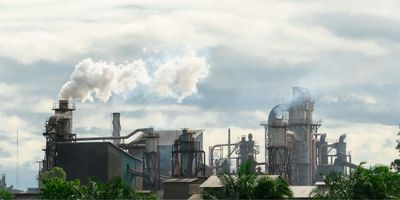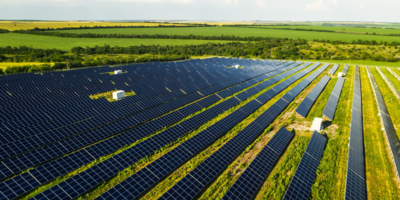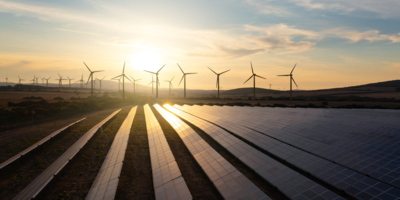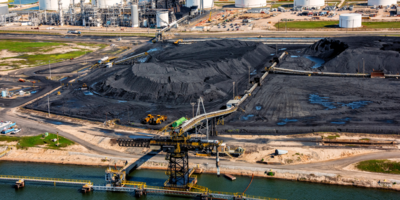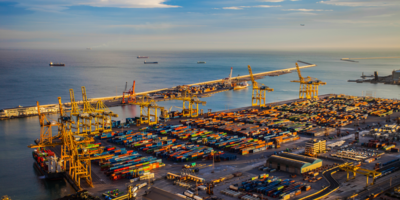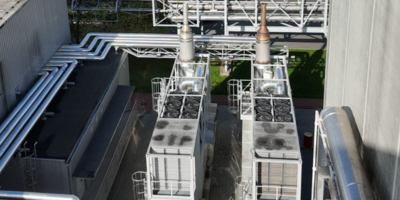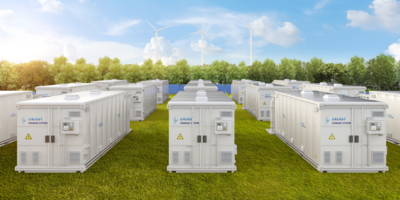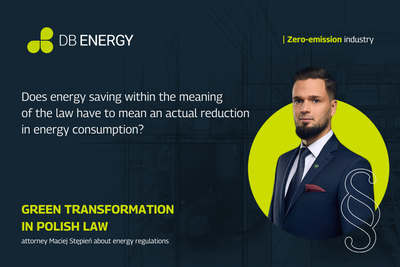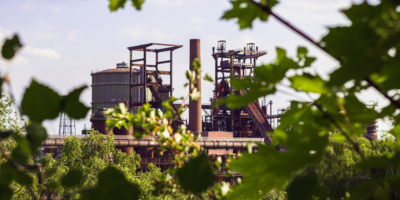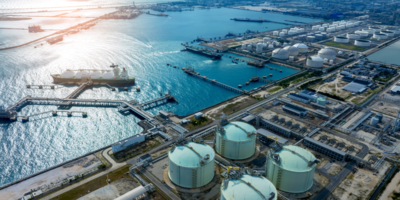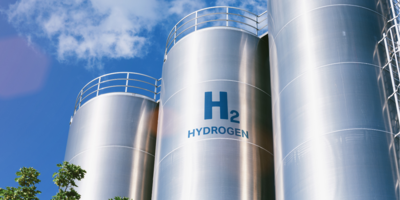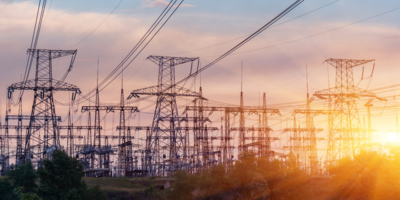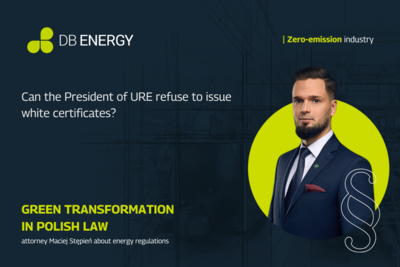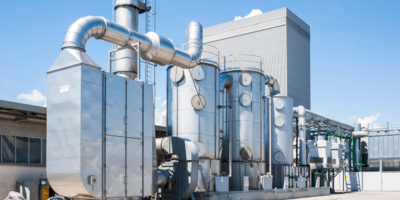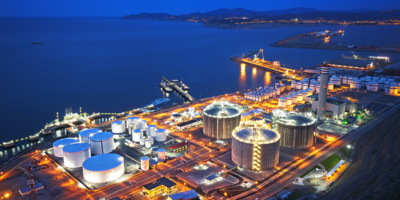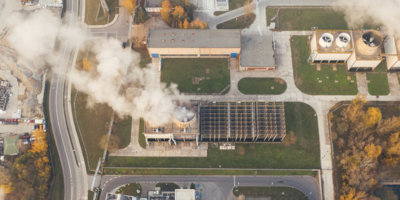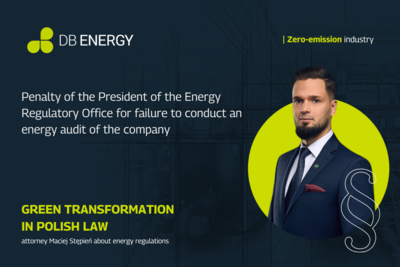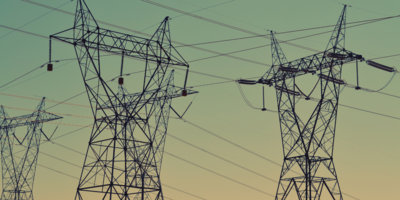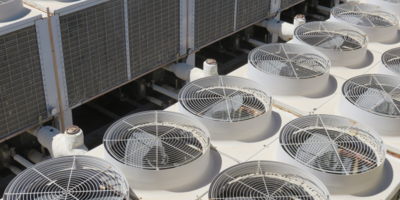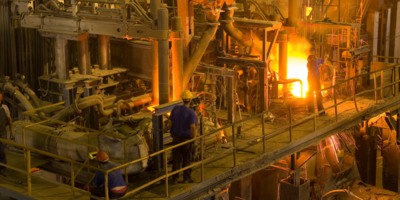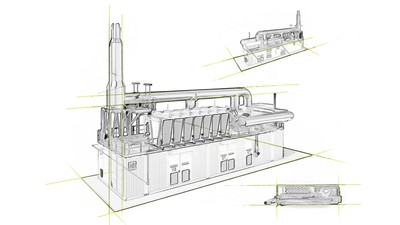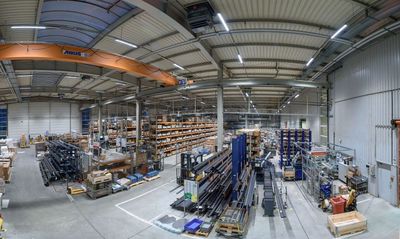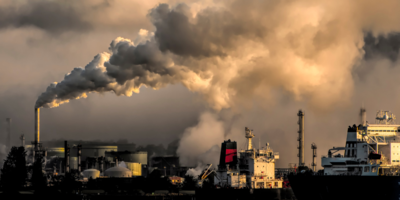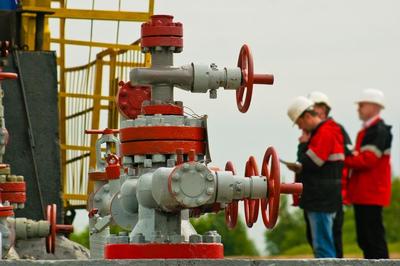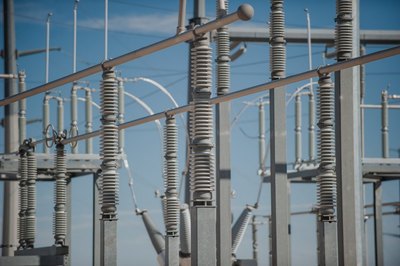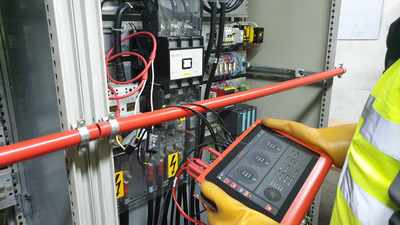What is Fit for 55 and how does it affect Polish industry?
Fit for 55 is a package of European Union regulations aimed at reducing greenhouse gas emissions by at least 55% by 2030 compared to 1990 levels. It is a key element of the European Green Deal, which aims to achieve climate neutrality by 2050. Fit for 55 includes changes to regulations on emissions trading, energy efficiency, renewable energy sources, and transport, as well as the introduction of new aid mechanisms and financial support programs within the European Union.
More
How does photovoltaics work, and is it worth installing?
Photovoltaics is one of the most common renewable energy technologies, gaining popularity in recent years, especially among individual users. Its negative reputation stems from the sales model of some companies, which relied on intrusive contact and aggressive persuasion to buy panels. Despite this association, it is worth considering photovoltaics and other renewable energy technologies. They represent the future of the industrial sector and many other areas of the economy. However, is photovoltaics still profitable, and does the use of photovoltaic panels make sense for large companies?
More
How to optimize cooling systems in industry?
Optimization of the cooling system in an industrial enterprise is one of the key factors that increase energy efficiency, reduce operating costs, and contribute to the company's sustainable development. Industrial cooling systems are widely used in various sectors, including food, chemical, energy, metallurgical, and pharmaceutical industries, where temperature control is crucial for product quality, process safety, and compliance with environmental standards.
More
The future of fossil fuels in Poland and Europe
Fossil fuels have played a key role in the development of the European and global economy, but their time is probably coming to an end. Rising emission costs, aging infrastructure, and the global decarbonization trend indicate that further long-term investment in emission-intensive energy sources is not a profitable direction. Allocating funds for the green transformation is not only a way to avoid the risks associated with fossil fuels but also an opportunity to build a modern, sustainable economy based on innovation and clean energy. Particularly in Poland, balancing the transformation will be crucial to reconciling climate goals with the needs of industry and society.
More
What you need to know about SMRs – small modular reactors
Small modular reactors (SMRs) are among the most modern solutions in nuclear energy, attracting increasing global interest. Amid the global energy transition and efforts to reduce carbon dioxide emissions, SMRs offer unique possibilities for flexible, safe, and efficient energy generation. In this article, we will examine what SMRs are, their advantages and disadvantages, where they can be used, the costs associated with their construction, and the permits required for their implementation.
More
EU ETS - Emissions Trading System in the European Union
The European Emissions Trading System (EU ETS) is one of the most important tools of the European Union's climate policy, aimed at gradually reducing greenhouse gas emissions. Promoting innovation and cost efficiency, which go hand in hand with this system, makes the EU ETS one of the most important elements of the strategy to combat climate change. For Polish companies, especially those in energy-intensive industries, the EU ETS is both a challenge and an opportunity for development toward sustainable growth and pro-ecological innovation.
More
How to effectively control electric drives?
Electric drives are among the most important elements of modern industrial plants. They account for as much as 70% of the total electricity consumption in the production sector. A key aspect of their effective operation is controlling systems that optimize the operating parameters of motors and entire drive systems. Implementing modern solutions in this field enables significant energy savings, improved process quality, and increased reliability. This article explains what electric drive control systems are, their uses in industry, their benefits and limitations, and how they can effectively support the optimization of production processes.
More
Industrial energy trends for 2025
In 2025, the industrial sector will witness many changes that will shape the entire industry, both nationally and internationally. The growing importance of renewable energy sources, the simultaneous phasing out of many technologies, as well as the return to a fossil-based raw material policy in the US, the development of energy storage, hydrogen technologies, artificial intelligence, and smart energy grids are just some of the trends that will shape the future of industrial energy.
More
Typical payback periods for energy-saving technologies – an overview of solutions for the industry
Investments in energy efficiency technologies such as cogeneration, heat pumps, compressed air production management systems, photovoltaics, LED lighting, and energy-saving electric drives offer a range of benefits. These include reduced operating costs, improved power supply reliability, and decreased CO2 emissions. Typical payback periods range from 2 to 5 years, making these technologies profitable in both the short and long term. The decision on the appropriate solution should follow a detailed analysis of the company’s needs, a service provided by DB Energy as part of its energy audits. While the final choice depends on specific requirements and conditions, one thing is clear: investments in energy efficiency are always beneficial. Let’s explore key solutions used by manufacturing companies and their typical payback periods.
More
Impact of environmental regulations on the activities of industrial companies
The green transformation, which is the foundation of EU climate strategies, is not just a loud slogan - it is a broad set of regulations and projects that will have a strong impact on Polish and foreign companies in the coming years. Regulations such as the European Green Deal, Fit for 55, or the EU ETS system compel companies to implement solutions that reduce CO₂ emissions, improve energy efficiency, and increase the share of renewable energy sources.
More
Green hydrogen – the future of energy
The growing pressure to reduce greenhouse gas emissions is forcing Polish and European industries to seek new, more ecological solutions. Among them, hydrogen holds a key place – a technology with the potential to revolutionize both the energy and industrial sectors. What exactly is green hydrogen, how is it produced, and what are the benefits and challenges of its implementation? This issue is addressed by Dr. Piotr Danielski, Technical Director at DB Energy.
More
Smart Grids - characteristics and methods of use
Intelligent energy networks, known as Smart Grids, provide the possibility of more effective management of energy consumption by combining traditional networks with innovative diagnostic systems. These technologies introduce revolutionary changes in how energy consumption is transmitted and monitored, offering numerous benefits for industry and the environment. How do smart energy networks work, where are they used, and what challenges do they present?
More
How to obtain funds from the Polish National Recovery Plan (KPO)?
The National Recovery Plan (KPO) is a strategic document that plays a key role in rebuilding the Polish economy after the COVID-19 pandemic, focusing on modernization towards green transformation, digitalization, and innovation. The program, financed mainly from EU funds, offers a significant opportunity for Polish entrepreneurs, especially those operating in the industrial sector, to invest in energy efficiency, renewable energy sources, digitalization, and innovative technologies. Find out how to obtain funds from the KPO, what its budget and application assessment criteria are, and who has the best chance of receiving support.
More
Can the President of URE refuse to issue white certificates?
Entrepreneurs planning investments to improve energy efficiency often wonder whether, despite their implementation, the President of the Energy Regulatory Office may refuse to issue energy efficiency certificates (so-called "white certificates"). In other words, when investing, often considerable amounts in a given energy-saving project, does the entrepreneur have a guarantee of obtaining white certificates, which they will then be able to sell on the Polish Power Exchange? These concerns are justified because, unfortunately, in practice, there may be situations in which the President of the Energy Regulatory Office refuses to grant white certificates.
More
Energy efficiency audit vs. corporate energy audit
Energy audits are essential for companies seeking to increase energy efficiency, especially in sectors with high energy consumption. For industrial companies that use significant amounts of energy, these audits not only enable savings but also serve as a tool to obtain various forms of financial support, such as energy efficiency certificates, commonly known as white certificates. In this article, we will compare the energy efficiency audit and the corporate energy audit, highlighting their main differences and importance.
More
Reactive energy – what is it and how to solve the problem of its consumption
In large enterprises, where every kilowatt-hour of energy is valuable, energy efficiency management is one of the most important activities in achieving sustainable development and competitive advantage, especially in energy-intensive industries. One of the most significant, although often underestimated, aspects is reactive energy. Understanding this concept and effectively managing it can bring significant financial and operational benefits to industrial companies.
More
Heat Recovery Technologies
Many technological processes in industrial companies generate large amounts of waste heat, which, instead of being lost, can be recovered and reused. Heat recovery not only contributes to reducing energy costs but also significantly lowers CO₂ emissions and improves the energy balance of plants. It is particularly beneficial for companies involved in drying, cooking, casting, high-temperature chemical processes, or using furnaces, compressors, boilers, or pasteurizers.
More
PPA and cPPA: key to energy efficiency and emission reduction
Today, companies around the world are facing the consequences of fluctuating energy prices. These fluctuations increase operating costs, make long-term planning more difficult, and reduce competitiveness in the market. One solution that can help address these challenges is power purchase agreements, known as PPAs (Power Purchase Agreements) and cPPAs (Corporate Power Purchase Agreements). In this article, we will provide a detailed explanation of what these agreements are, how they differ from each other, who can benefit from them, and what their advantages and disadvantages are.
More
What is cogeneration and why is it worth implementing in your company?
Cogeneration, also known as combined heat and power (CHP), is an effective solution that enables the simultaneous production of electricity and useful heat in a single process. This approach significantly increases energy efficiency in industrial companies, reduces CO2 emissions, and lowers operating costs. Let's explore its types, along with the most important advantages and disadvantages.
More
ISO 50001 Company Standard – Energy Management System
The ISO 50001 standard is primarily aimed at organizations with high energy consumption, such as companies in the industrial, development, or transport sectors, and regulates effective energy management. It translates into real savings and a reduction in greenhouse gas emissions. In this article, we will take a closer look at it, the requirements it places on companies, and the benefits it brings.
More
Lighting audit in industrial facilities
Increasing energy efficiency requirements and the need to comply with legal regulations mean that lighting audits in industrial facilities have become an important element of energy management strategies. In this article, we will look at the technical and specialist aspects of this process, such as legal regulations, audit scope, measurement methods, benefits and implementation of recommendations.
More
